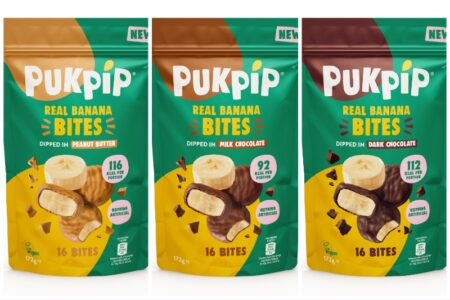Growth in ‘posh’ ready meals shows how consumer attitudes and behaviour can diverge
The fact that sales of premium ready meals grew in the UK by between 7 and 8% in 2013 whilst 65% of consumers say they want to eat fewer ready meals and cook more is a classic example of behavioural economics at work, according to customer insight agency Engage Research.
Behavioural economics is a reaction to traditional economic theory, which has tended to assume that decision-making is based on individuals acting rationally. Behavioural economics shoots holes in this by demonstrating how our behaviour is, to a large extent, unconscious, irrational and socially driven. It is important, says Engage, for brands to understand these behavioural factors and then use them to their advantage.
Although ready meal sales in major supermarkets topped £2.3bn in the past year, the overall frozen and chilled market is in decline. Growth has been fuelled by consumers switching from eating out to dining in with higher end convenience lines, which now represent around two thirds of sales, suggesting a renewed focus on value and quality over price.
“On the surface, this situation represents classic consumer disconnect between what we say and what we do,” explains Engage Research director Deborah Sleep.
“However, it’s not necessarily as simple as it seems. The growth is in the premium ready meal sector, where meals could be perceived as being better quality and better for because they are less processed. Some of the premium products give the sense that you are ‘cooking’ in that you assemble the elements together and then cook fresh.”
Sleep says this demonstrates that, even when a market overall is in overall decline, the right consumer understanding from well constructed and thoughtful research can help brands effectively identify and target segments and growth opportunities. She adds that a combination of qualitative research combined with quantitative usage and attitude surveys can be particularly effective in delivering these insights.
“Meal deals have been one of the key drivers in this area,” continues Sleep. “There have been plenty of successful meal deal initiatives recently, which have paired perfect products together, and have made eating in much better value than going out. Importantly, though, these still feel like a ‘treat’ which, combined with the deal itself, makes you feel good.”
Engage Research is an independent customer insight and market research agency specialising in consumer & market strategy and innovation primarily across the FMCG and media sectors.



